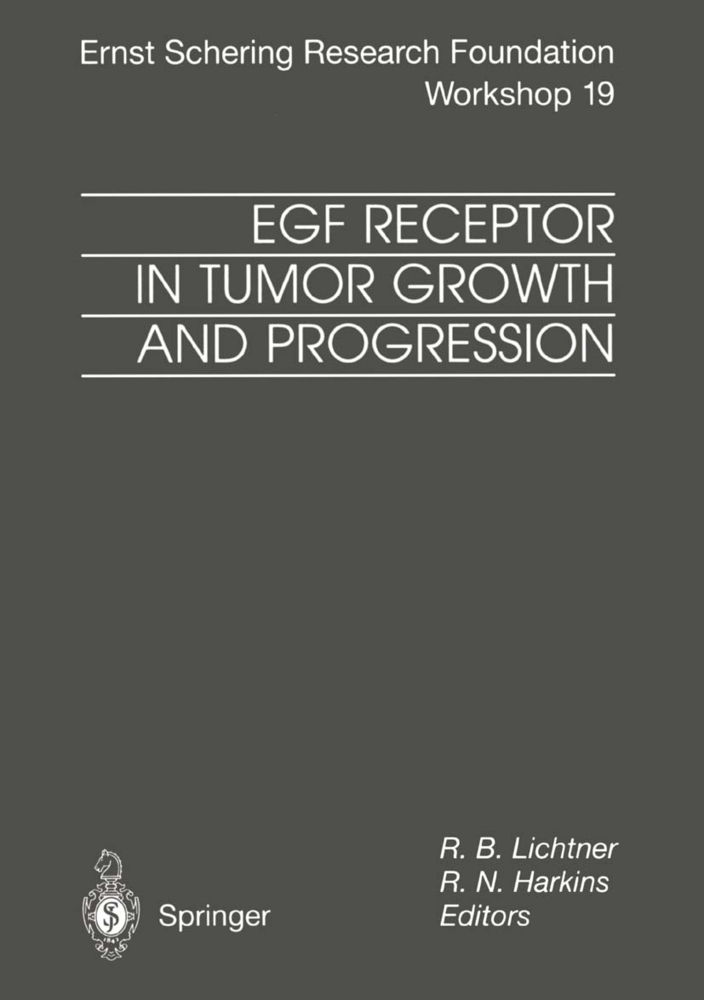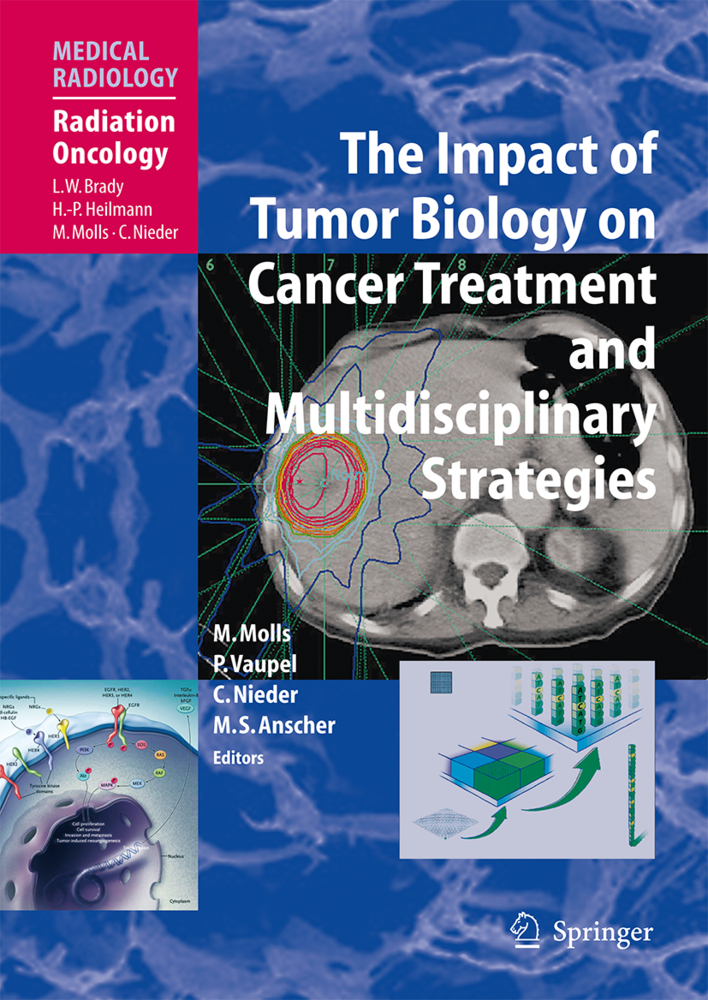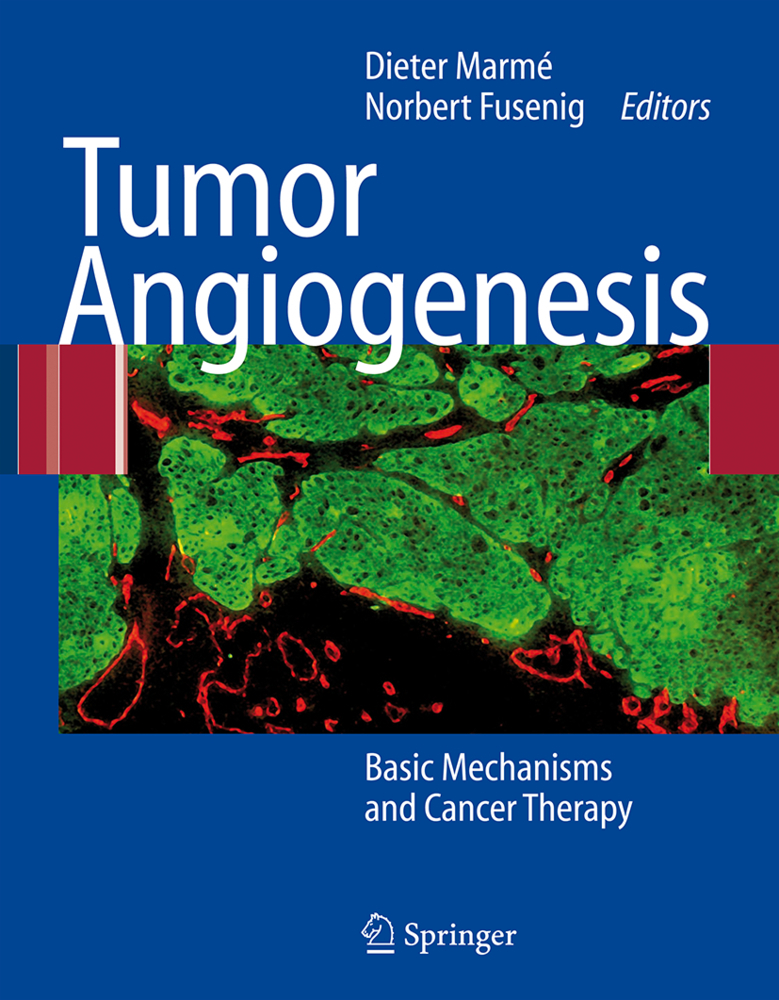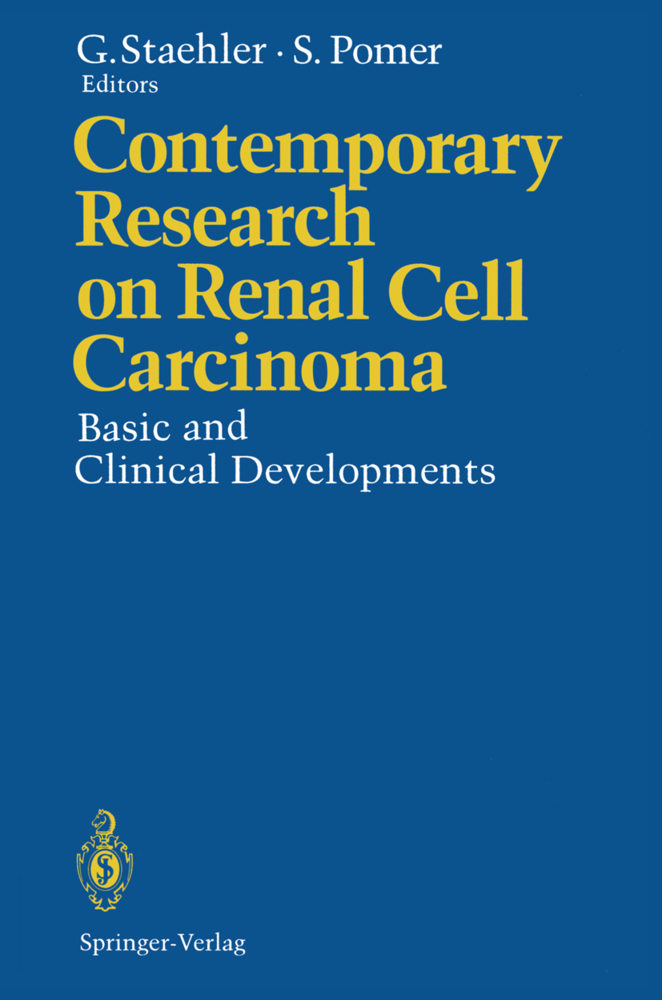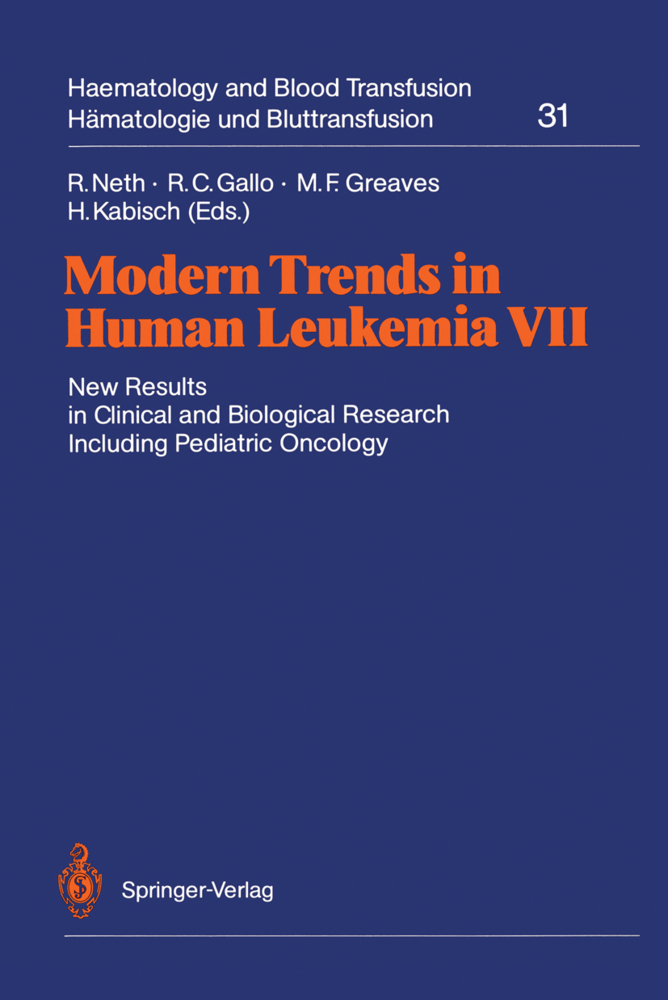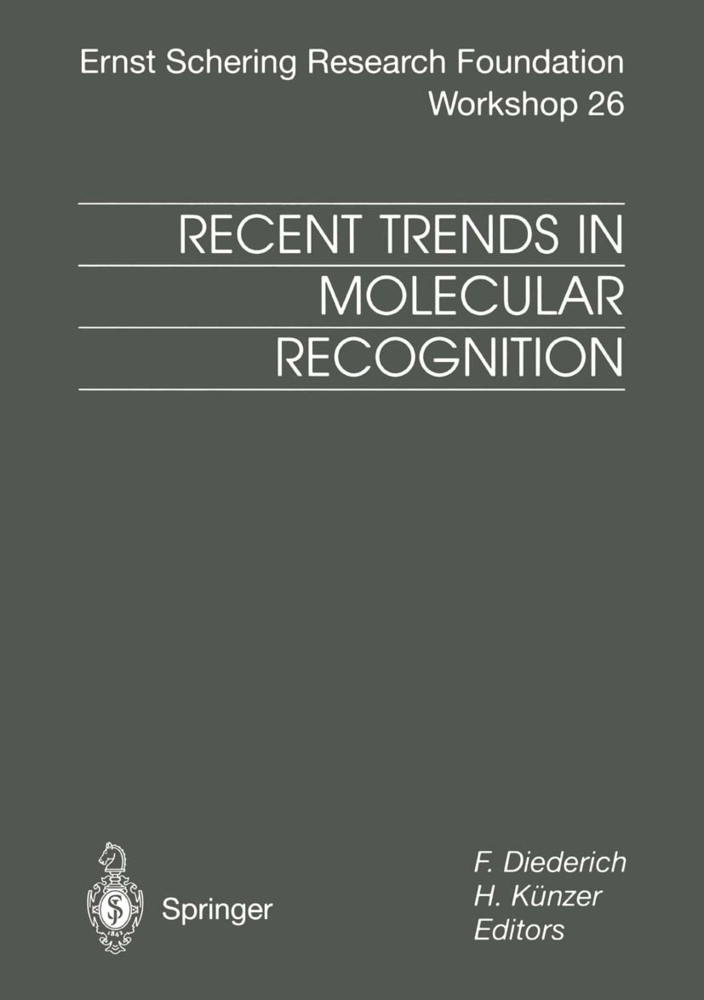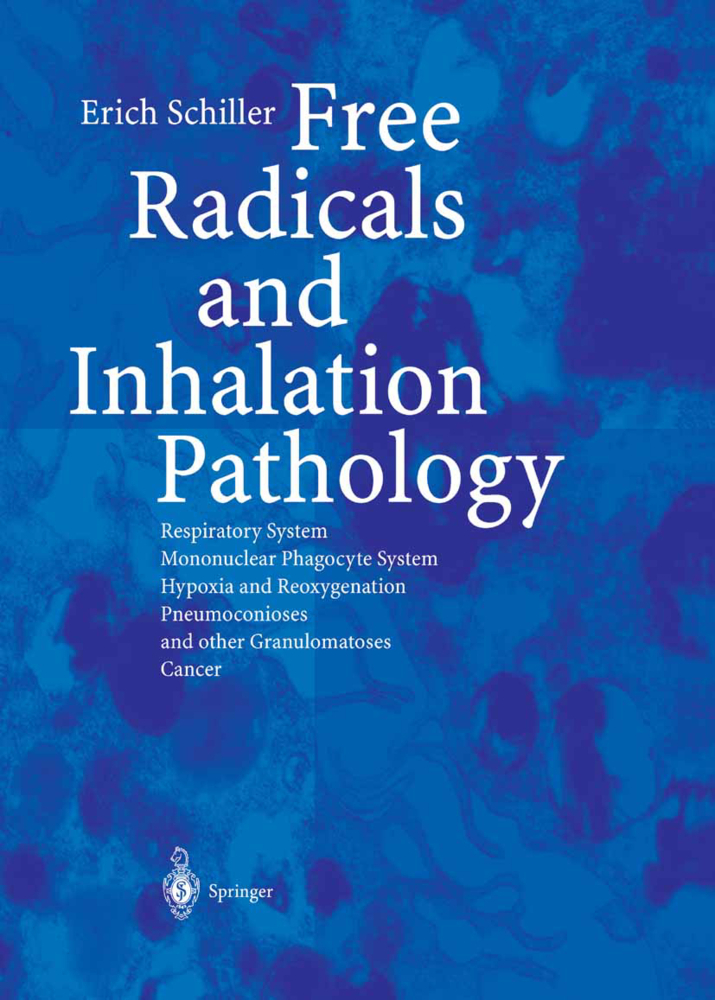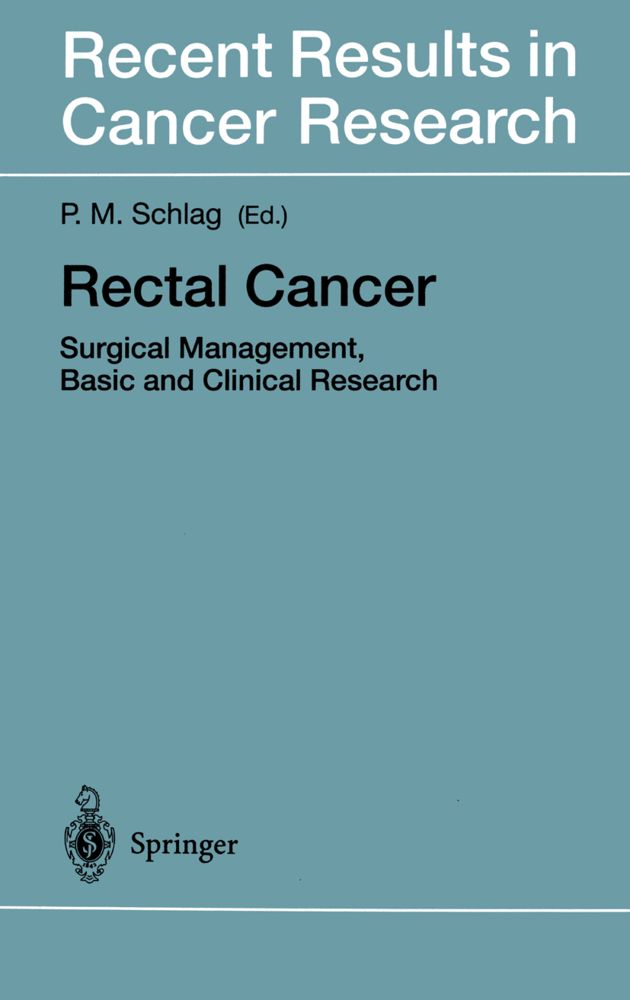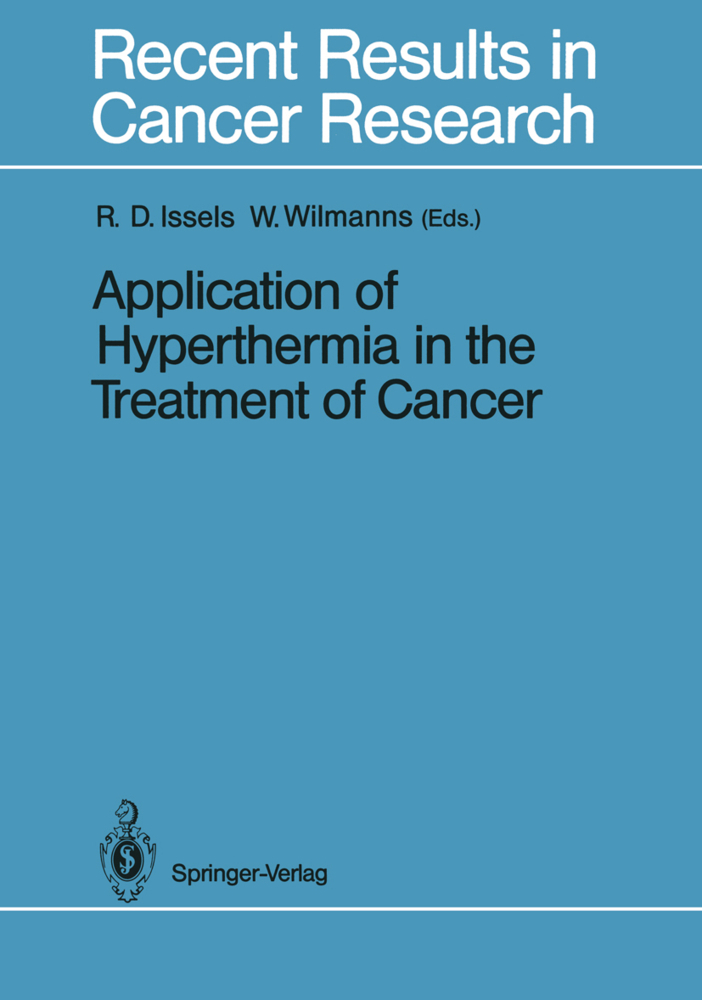Targeted Interference with Signal Transduction Events
Targeted Interference with Signal Transduction Events
This book does nothing less than lay out the state of development of tomorrow s cancer drugs, directed against growth factors, growth factor receptors and intracellular signaling molecules with kinase activities. The sequencing of the human genome and insights into signaling pathways have contributed to the understanding of cancer etiology and the development of new, improved cancer drugs such as Herceptin and Glivec. The deregulation of pathways due to mutated cancer genes provides the conceptual basis for future progress. Will it be possible to derive more efficient cancer drugs? Two aspects of biological research are major contributors to the progress in the understanding of cancer etiology and the development of new and improved cancer drugs. The sequencing of the human genome provides us with a basic overview of all our genes and gene products, and the insights into signaling pathways allow us to align crucial components of cellular regulation into an ordered functional context. A comparison of the genes in normal and in tumor cells shows that mutations in the DNA of a limited set of genes are responsible for the multiple stages of tumorigenesis and metastasis. Many of the affected genes, including oncogenes, tumor suppressor genes and genome stability genes, can be fitted into pathways. They encode molecules that stimulate tumor cell division or inhibit their death. Matching of therapeutic intervention with insights into the underlying molecular disease mechanism has already led to the development of drugs such as Herceptin and Glivec. The deregulation of pathways as a consequence of the altered biochemical function of mutated cancer genes provides the conceptual basis for future progress. Will it be possible to extrapolate this principle and derive more efficient drugs targeting cancer pathway components? Promising cell surface molecules, potential targets of monoclonal antibodies, and intracellular molecules with enzymatic activity, potential targets for low-molecular-weight synthetic inhibitors, have been identified. Our ability to predict the consequences of inhibition of such components, however, is still limited. For this reason, the development of targeted drugs remains a complex process, comprising rational and empirical elements. The state of development of tomorrow s cancer drugs, directed against growth factors, growth factor receptors and intracellular signaling molecules with kinase activities, is described in this book.
1;Contents;5 2;List of Contributors;7 3;Introduction: The Rationale for the Development of Targeted Drugs in Cancer Therapy;10 4;Identifying Critical Signaling Molecules for the Treatment of Cancer;13 5;Tyrosine Kinase Inhibitors and Cancer Therapy;33 6;Targeting ERBB Receptors in Cancer;53 7;Inhibition of the IGF- I Receptor for Treatment of Cancer. Kinase Inhibitors and Monoclonal Antibodies as Alternative Approaches;66 8;Inhibition of the TGF- ß Signaling Pathway in Tumor Cells;84 9;The Mammalian Target of Rapamycin Kinase and Tumor Growth Inhibition;105 10;The Ras Signalling Pathway as a Target in Cancer Therapy;131 11;The Mitogen-Activated Protein Kinase Pathway for Molecular- Targeted Cancer Treatment;160 12;Clinical Relevance of Targeted Interference with Src- Mediated Signal Transduction Events;173
Groner, B.
| ISBN | 9783540312093 |
|---|---|
| Artikelnummer | 9783540312093 |
| Medientyp | E-Book - PDF |
| Auflage | 2. Aufl. |
| Copyrightjahr | 2007 |
| Verlag | Springer-Verlag |
| Umfang | 188 Seiten |
| Kopierschutz | Digitales Wasserzeichen |

